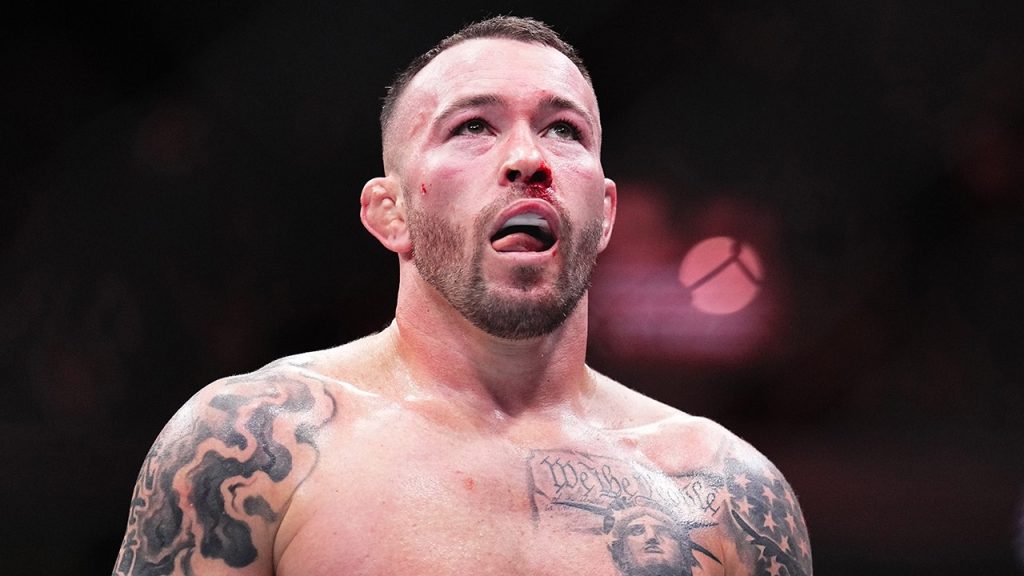Colby Covington, the controversial UFC welterweight, used a recent media appearance to launch a scathing attack on NBA superstar LeBron James, reigniting a long-standing feud and injecting a dose of his signature inflammatory rhetoric into the pre-fight build-up. Rather than focusing on his upcoming opponent, Joaquin Buckley, Covington chose to seize the spotlight and direct his ire towards James, questioning his association with disgraced music mogul Sean “Diddy” Combs and his alleged attendance at Combs’ infamous parties.
Covington’s attack stemmed from a resurfaced video showing James and Combs engaging in lighthearted banter, with James exclaiming, “Ain’t no party like a Diddy party.” This seemingly innocuous comment, however, took on a darker connotation following Combs’ recent indictment on serious charges, including sex trafficking and racketeering conspiracy. Covington latched onto this connection, publicly questioning James about the nature of his relationship with Combs and the frequency of his attendance at these now-infamous gatherings. He further insinuated that James’ recent hiatus from social media was a direct result of the backlash he received for his association with Combs.
Covington’s line of questioning was not merely an attempt to clarify James’ connection to Combs; it was a calculated move to smear James’ public image and paint him as a hypocrite. He characterized James as a “scumbag” and called for his imprisonment alongside Combs, juxtaposing this demand with James’ past advocacy for police reform. By linking James to Combs’ alleged criminal activities and contrasting it with James’ public stance on social justice issues, Covington sought to portray James as a morally bankrupt individual who does not practice what he preaches.
Beyond the immediate implications of his attack on James, Covington’s outburst also underscores his well-established pattern of provocative behavior. He has consistently used inflammatory language and targeted high-profile figures to generate publicity and position himself as a contrarian figure in the MMA world. His attacks are rarely confined to the sporting arena, often spilling into the realms of politics and social commentary. This strategy, while controversial, has undeniably contributed to his notoriety and helped him maintain relevance in a crowded competitive landscape.
The timing of Covington’s attack on James, just days before his fight against Buckley, is also noteworthy. By targeting a figure as prominent as James, Covington effectively shifted the media narrative away from his upcoming bout and onto his personal crusade against the NBA star. This tactic not only generates headlines but also deflects attention from his own recent setbacks in the octagon, including a loss to Leon Edwards at UFC 296. It allows him to control the narrative and position himself as the aggressor, even outside the confines of the cage.
While Covington’s accusations against James remain unsubstantiated, his outburst has undoubtedly reignited the debate surrounding athletes and their public image. It highlights the potential pitfalls of associating with controversial figures and the speed at which seemingly harmless interactions can be reinterpreted in the light of subsequent events. Whether James chooses to respond to Covington’s accusations remains to be seen, but the incident serves as a reminder of the intense scrutiny faced by public figures and the potential for their actions to be magnified and distorted within the unrelenting glare of the media spotlight. For Covington, the controversy serves its purpose: keeping him in the headlines and solidifying his persona as the UFC’s resident provocateur, regardless of his performance in the upcoming fight.


